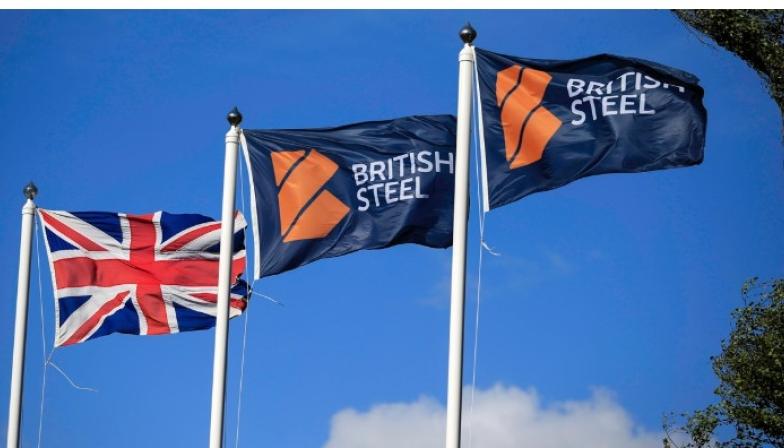Initial plans to build one electric arc furnace in Scunthorpe and another in Teesside were scrapped in favour of building two furnaces at a site in Scunthorpe, north Lincolnshire.
British Steel was nationalised in 2019 while the government looked for buyers. It was subsequently sold to Chinese steelmaker The Jingye Group, which has promised a £1.25bn ($1.55bn) decarbonisation plan. Under the proposed plan, the company would have installed two electric arc furnaces – one at its Scunthorpe headquarters and one at its Teesside site.
“While progress continues, no final decisions have been made,” a company spokesman said.
“We are working across government in partnership with unions and businesses, including British Steel, to deliver a transition to green steel that is good for the workforce, a good investment for taxpayers and protects the future of the UK steel industry,” a Department for Business and Trade spokesperson told S&P Global when approached for comment on January 13. It highlighted the government’s commitment to preventing UK steel closures by committing up to £2.5bn of investment in the UK steel industry.
British Steel currently operates two furnaces: Queen Anne Blast Furnace and Queen Bess Furnace. Queen Anne Blast Furnace was temporarily offline due to operational issues but resumed operations at the end of December.
British Steel’s Scunthorpe plant is the only steelworks in the UK still producing crude steel after Tata Steel closed all of its blast furnaces at Port Talbot in South Wales, having secured €500m in funding for its low-carbon transition to build an electric arc furnace.
The company has been working with the government for several months to secure funding to restart the site and begin the transition from blast furnace to electric arc furnace production. The first EAF is expected to be operational by the end of 2025, replacing the 3m tonne per annum blast furnaces that account for the majority of the company’s CO2 emissions.



